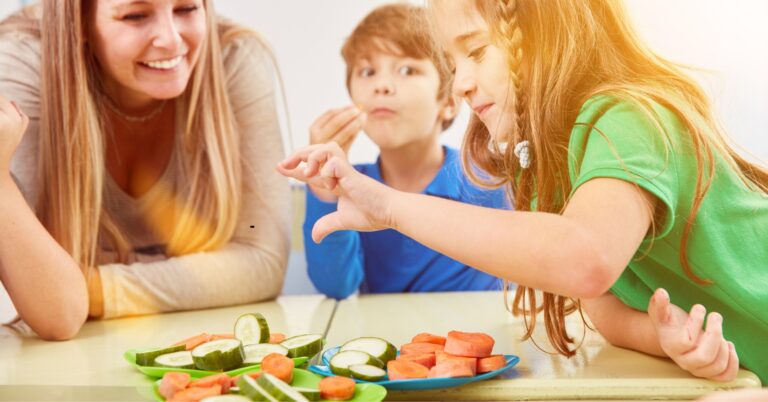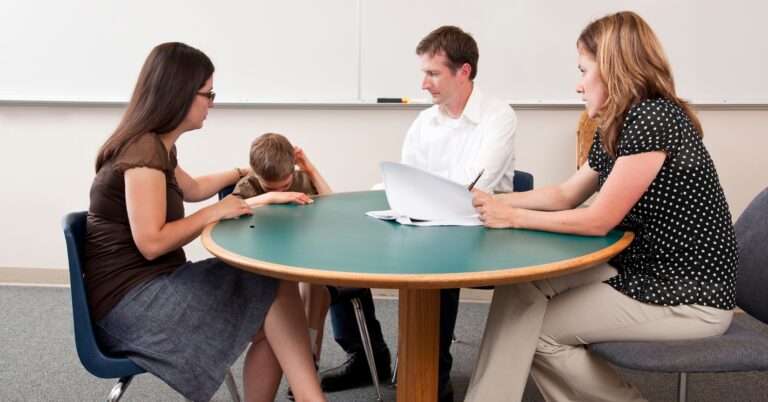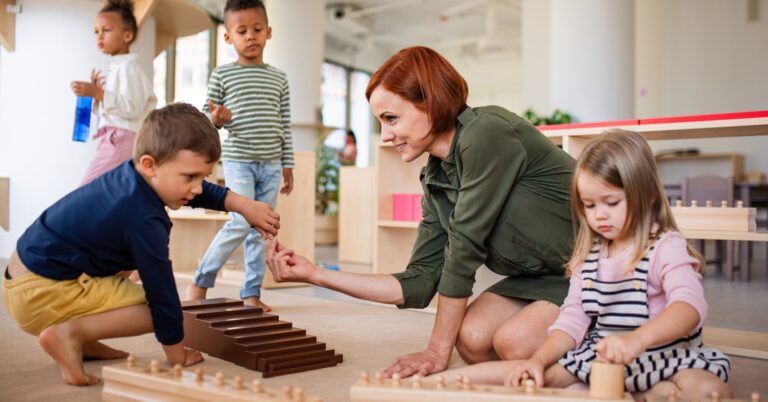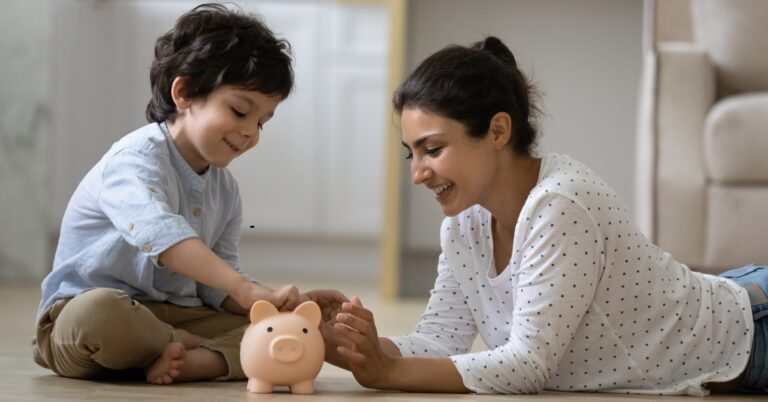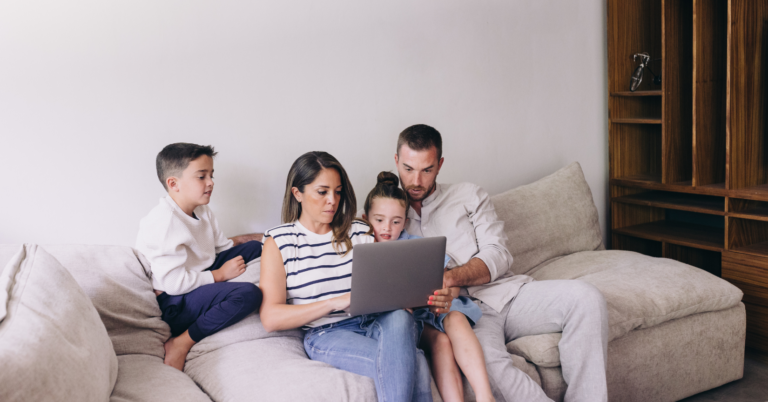Potty training your toddler — it’s a journey that every parent has to embark on at some point, isn’t it?
It’s not just about getting your child to use the toilet. It’s about teaching them independence, responsibility, and taking a significant step towards growing up.
As a parent, I understand how challenging this phase can be. It’s like trying to solve a puzzle with the most unpredictable pieces!
But guess what? There are certain habits that can make this process smoother and even enjoyable for both you and your little one.
In this article, I’m going to share 7 invaluable habits with you. Habits that helped me successfully potty train my toddler and can do the same for you.
So if you’re currently navigating the sometimes messy (literally) world of potty training, this one’s for you!
1) Embrace patience
Potty training your toddler isn’t a race.
In fact, it’s quite the opposite.
It’s about understanding that every child is unique and will learn at their own pace. So, as a parent, your first habit should be to adopt patience. Lots of it.
We all know that children can be unpredictable. One day they might seem to have it all figured out, and the next day, they’re back to square one.
It can be frustrating, I know. But your toddler is learning a brand new skill.
So instead of reacting with frustration or disappointment, try to respond with calmness and patience. Encourage them with positive reinforcement and celebrate their small successes.
Believe me, your patience will not only make the process less stressful for you but also create a supportive environment for your little one to learn.
And who knows? You might just find that this journey of potty training teaches you a thing or two about patience as well.
2) Understand the concept of readiness
Have you heard about the psychological concept of readiness?
Well, in simple terms, readiness is all about timing. It’s about recognizing when your child is mentally and physically ready to start the potty training process.
And guess what? This is not something that happens overnight.
It’s a gradual process where your toddler starts showing signs that they are ready to move away from diapers. This could be anything from showing interest in the toilet, staying dry for longer periods, or even communicating when they need to go.
It’s crucial to understand and look for these signs before you start potty training. Because no amount of persuasion will work if your child isn’t ready.
Pay attention to your little one’s behavior. You might just spot some signs of readiness you hadn’t noticed before. But every child is different and there is no universal timeline for this.
3) Don’t rush the process
Although understanding the concept of readiness is key, it’s equally important not to rush your child into potty training.
Here’s the thing: just because your toddler shows signs of readiness doesn’t mean they should immediately start using the toilet.
In fact, rushing the process might do more harm than good.
Potty training is a significant change for your child. It’s about transitioning from the comfort and familiarity of diapers to the unfamiliar territory of a toilet.
And like any change, this transition can be daunting for your little one.
Allow them to take their time. Let them get comfortable with the idea of using a toilet. This could involve letting them explore the bathroom, understand what toilets are for, or even watch you or older siblings use it.
This slow and steady approach might seem counter-intuitive in our fast-paced world. But trust me, it’s one of the most effective ways to potty train your toddler successfully.
4) Create a consistent routine
Do you remember when you learned to drive a car?
The first few times were chaotic, weren’t they? But once you established a routine and practiced consistently, it became second nature.
The same principle applies to potty training your toddler.
Children thrive on consistency. It provides them with a sense of security and helps them understand what to expect.
Establish a regular bathroom routine for your toddler. This could be after meals, before bedtime, or at any other specific times during the day.
Remember to keep this routine consistent. Even on days when it seems like no progress is being made.
This practice will help your child understand when it’s time to use the toilet and make the whole process a lot less unpredictable for both of you.
And who knows? This routine might just become a comforting part of their day, making the potty training journey a lot easier for everyone involved!
5) Equip yourself with the right tools
Just like any project, potty training is easier when you have the right tools at your disposal.
Here are a few things that can make the process smoother:
- A child-sized potty or toilet seat reducer can provide your child with a sense of security and comfort.
- Opt for easy-to-remove clothing to avoid delays during bathroom trips.
- Ensure you have plenty of underwear on hand as accidents are inevitable.
- Providing books or toys can help distract your child and ease the process.
Having these tools handy won’t make potty training a walk in the park. But they can certainly ease some of the challenges and make the experience more manageable for both you and your toddler.
6) Celebrate the small wins
I remember when my toddler first used the potty successfully. The joy and pride on their face were priceless. And I made sure to celebrate that moment with them.
Why, you ask?
Well, because celebrating small wins can make a world of difference in your child’s potty training journey.
It’s easy to get caught up in the end goal and overlook the small milestones along the way. But let’s not forget that these little victories are steps towards the bigger achievement.
Whether it’s the first time your child tells you they need to go, their first successful trip to the potty, or even a day without accidents, celebrate it!
A little praise, a high-five, or a sticker can go a long way in boosting your child’s confidence and motivating them to keep trying.
Because at the end of the day, we’re not just potty training our toddlers. We’re teaching them that their efforts are valued and that it’s okay to take small steps towards big goals.
7) Communicate openly with your toddler
During my own potty training journey with my toddler, I came to realize the power of open communication.
One day, my little one seemed unusually upset during our potty training routine. Instead of dismissing it as a bad day, I sat down and talked to them. To my surprise, they were scared of the flushing sound of the toilet.
This was a turning point for us. It helped me understand that as much as potty training is about teaching a new skill, it’s also about listening to your child’s fears and concerns.
When we communicate openly with our toddlers, we foster trust and understanding. We show them that their feelings are valid and that we’re there to support them.
Make it a habit to talk to your child about potty training. Ask them how they feel, explain what’s happening in simple terms, and reassure them that it’s okay to be scared or uncertain.
This empathetic approach not only makes the potty training process easier but also strengthens your bond with your child.
Final thoughts: It’s a journey of growth
At the heart of potty training, it is more than just transitioning from diapers to underwear. It’s growth, independence, and a significant step towards maturity for your little one.
There is a beautiful quote by Maria Montessori that says, “Never help a child with a task at which he feels he can succeed.” This sentiment rings true in potty training.
Your role as a parent or caregiver is to guide, support and provide the right environment for your child to learn. But ultimately, it’s your child who will take those decisive steps.
Potty training can be challenging and even frustrating at times. But keep in mind, it’s not just about the destination but also about the journey.
Every accident, every success, every moment of frustration, and every celebration is part of this beautiful journey of your child discovering new abilities and growing up.
So take a deep breath, arm yourself with these habits and embark on this journey with confidence and patience. Trust in your child, trust in the process, and remember to enjoy these fleeting moments of their childhood.



